Difference between revisions of "Aniline leather"
| (One intermediate revision by one user not shown) | |||
| Line 26: | Line 26: | ||
Because the [[Grain side|surface structure]] is fully visible in aniline leather, only completely [[Natural markings on leather|flawless hides]] can be [[Leather production|processed]]. Any [[Natural markings on leather|damages on the skin surface of the animal]] caused by horn scratches, goad marks, warts, [[Natural markings on leather#Insect bites|insect bites]] and other markings such as [[Natural markings on leather#Fire-brand|fire-brands]] can leave [[Natural markings on leather#Barbed wire scares and scratches|visible scars]]. Such hides cannot be used for making aniline leather. Because the majority of hides have some scars or damage, supply and demand dictates that aniline leather is generally more expensive than [[Finish|pigmented leather]]. [[Tannery|Tanners]] state that less than 5% of the delivered skins can be processed as aniline leather. | Because the [[Grain side|surface structure]] is fully visible in aniline leather, only completely [[Natural markings on leather|flawless hides]] can be [[Leather production|processed]]. Any [[Natural markings on leather|damages on the skin surface of the animal]] caused by horn scratches, goad marks, warts, [[Natural markings on leather#Insect bites|insect bites]] and other markings such as [[Natural markings on leather#Fire-brand|fire-brands]] can leave [[Natural markings on leather#Barbed wire scares and scratches|visible scars]]. Such hides cannot be used for making aniline leather. Because the majority of hides have some scars or damage, supply and demand dictates that aniline leather is generally more expensive than [[Finish|pigmented leather]]. [[Tannery|Tanners]] state that less than 5% of the delivered skins can be processed as aniline leather. | ||
| − | Aniline is porous grain side leather. If you rub a drop of water onto it, it will penetrate and darken the surface. Aniline leather is therefore highly susceptible to [https://www.colourlock.com/ | + | Aniline is porous grain side leather. If you rub a drop of water onto it, it will penetrate and darken the surface. Aniline leather is therefore highly susceptible to [https://www.colourlock.com/How-To-s/Miscellaneous/How-to-remove-water-marks-on-aniline-suede-and-nubuck/ water marks] and [[Leather damages#Grease and sweat stains on leather|grease stains]] as well as to [[Colour fastness - Light fastness of leather|fading]] caused by sunlight. Aniline leather generally has a warm and waxy [[Haptic evaluation of leather surfaces|grip]] and a low [[Gloss of leather|degree of gloss]]. Due to its softness, aniline leather is also called [[Napa leather|napa leather]] or, occasionally, [[Haptic evaluation of leather surfaces|soft leather]]. |
| Line 58: | Line 58: | ||
<p align=center> | <p align=center> | ||
| − | '' | + | ''Aniline leather - [[semi-aniline]] - [[finish|pigmented leather]] - [[corrected grain]] - [[Coated leather - Laminated leather|laminated leather]].''<br></p> |
<p> </p> | <p> </p> | ||
<p align=center> | <p align=center> | ||
| − | [[bild:Offenporig-003.jpg| | + | [[bild:Offenporig-003.jpg|500px]] |
| − | [[bild:Offenporig-001.jpg| | + | </p> |
| − | [[bild:anilinoffen.jpg| | + | <p align=center> |
| + | [[bild:Offenporig-001.jpg|250px]] | ||
| + | [[bild:anilinoffen.jpg|250px]] | ||
</p> | </p> | ||
<p align=center> | <p align=center> | ||
| Line 71: | Line 73: | ||
<p align=center> | <p align=center> | ||
| − | [[bild:Jacke-Rindsleder-003.jpg| | + | [[bild:Jacke-Rindsleder-003.jpg|250px]] |
| − | [[bild:Auto-Anilin-01.jpg| | + | [[bild:Auto-Anilin-01.jpg|250px]] |
| − | + | ||
</p> | </p> | ||
<p align=center> | <p align=center> | ||
| − | [[bild: | + | [[bild:Sattel-Fahrradl-Brooks-01.jpg|250px]] |
| − | + | [[bild:DeSede-Neck-Sofa-01.jpg|250px]] | |
| − | [[bild: | + | |
</p> | </p> | ||
<p align=center> | <p align=center> | ||
| − | ''Aniline leather is used in all areas: [[Leather clothing]], [[Car leather|car leather]], [[Leather saddle#Bicycle saddle|bicycle saddle]], [[Leather furniture|furniture leather]], [[Leather shoes|shoe leather]], [[Leather handbags|handbags]] and [[Leather luggage|suitcases]]''<br></p> | + | [[bild:Schuh-Fleckenränder-01.jpg|250px]] |
| + | [[bild:Louis-Vuitton-Koffer-01.jpg|250px]] | ||
| + | </p> | ||
| + | <p align=center> | ||
| + | ''Aniline leather is used in all areas: [[Leather clothing]], [[Car leather|car leather]], [[Leather saddle#Bicycle saddle|bicycle saddle]], [[Leather furniture|furniture leather]], [[Leather shoes|shoe leather]], [[Leather handbags|handbags]] and [[Leather luggage|suitcases]].''<br></p> | ||
<p> </p> | <p> </p> | ||
<p align=center> | <p align=center> | ||
| − | [[bild:Moebel-Oxidation-002.jpg| | + | [[bild:Moebel-Oxidation-002.jpg|500px]] |
| − | [[bild:Ausbleichen-01.jpg| | + | </p> |
| − | [[bild:Fleckenraender-01.jpg| | + | <p align=center> |
| + | [[bild:Ausbleichen-01.jpg|250px]] | ||
| + | [[bild:Fleckenraender-01.jpg|250px]] | ||
</p> | </p> | ||
<p align=center> | <p align=center> | ||
| − | ''Aniline leather is sensitive: [[Leather damages#Grease and sweat stains on leather|grease stains]] - [[Colour fastness - Light fastness of leather|fading]] - [https://www.colourlock.com/ | + | ''Aniline leather is sensitive: [[Leather damages#Grease and sweat stains on leather|grease stains]] - [[Colour fastness - Light fastness of leather|fading]] - [https://www.colourlock.com/How-To-s/Miscellaneous/How-to-remove-water-marks-on-aniline-suede-and-nubuck/ water marks].''<br></p> |
<p> </p> | <p> </p> | ||
| Line 102: | Line 108: | ||
==Criteria of differentiation== | ==Criteria of differentiation== | ||
<p align=center> | <p align=center> | ||
| − | [[bild:Anilin-Poren-01.jpg| | + | [[bild:Anilin-Poren-01.jpg|500px]] |
| − | [[bild:Anilin-Poren-02.jpg| | + | </p> |
| + | <p align=center> | ||
| + | [[bild:Anilin-Poren-02.jpg|500px]] | ||
</p> | </p> | ||
<p align=center> | <p align=center> | ||
| Line 110: | Line 118: | ||
<p align=center> | <p align=center> | ||
| − | [[bild:Semianilin-Poren-01.jpg| | + | [[bild:Semianilin-Poren-01.jpg|500px]] |
| − | [[bild:E-_Zwischenlager_Fotoverzeichnis-Firma_DATA2-FO_Lederarten_Semianilin_Semianilin-Poren-01.jpg| | + | </p> |
| + | <p align=center> | ||
| + | [[bild:E-_Zwischenlager_Fotoverzeichnis-Firma_DATA2-FO_Lederarten_Semianilin_Semianilin-Poren-01.jpg|500px]] | ||
</p> | </p> | ||
<p align=center> | <p align=center> | ||
| Line 118: | Line 128: | ||
<p align=center> | <p align=center> | ||
| − | [[bild:Pigmentiert-01.jpg| | + | [[bild:Pigmentiert-01.jpg|500px]] |
| − | [[bild:Pigmentiert-02.jpg| | + | </p> |
| + | <p align=center> | ||
| + | [[bild:Pigmentiert-02.jpg|500px]] | ||
</p> | </p> | ||
<p align=center> | <p align=center> | ||
| Line 126: | Line 138: | ||
<p align=center> | <p align=center> | ||
| − | [[bild:Pigmentiert-03.jpg| | + | [[bild:Pigmentiert-03.jpg|500px]] |
| − | [[bild:Pigmentiert-04.jpg| | + | </p> |
| + | <p align=center> | ||
| + | [[bild:Pigmentiert-04.jpg|500px]] | ||
</p> | </p> | ||
<p align=center> | <p align=center> | ||
| Line 140: | Line 154: | ||
<p align=center> | <p align=center> | ||
| − | [[bild:Anilin-falsch-01.jpg| | + | [[bild:Anilin-falsch-01.jpg|500px]] |
| − | [[bild:Anilin-falsch-02.jpg| | + | </p> |
| + | <p align=center> | ||
| + | [[bild:Anilin-falsch-02.jpg|500px]] | ||
</p> | </p> | ||
<p align=center> | <p align=center> | ||
| − | ''[[Genuine leather|Declared]] as aniline leather but clearly has a [[Leather colour|coat of paint]]. The [[Leather hair pores - Hair follicles|Pores]] are barely visible'' | + | ''[[Genuine leather|Declared]] as aniline leather but clearly has a [[Leather colour|coat of paint]]. The [[Leather hair pores - Hair follicles|Pores]] are barely visible.'' |
</p> | </p> | ||
| Line 161: | Line 177: | ||
== Detailed instructions for [[Leather cleaner|cleaning]], [[Leather repair|repair]] and [[Leather care|maintenance]] of aniline leather== | == Detailed instructions for [[Leather cleaner|cleaning]], [[Leather repair|repair]] and [[Leather care|maintenance]] of aniline leather== | ||
| − | [[bild:Colourlock-02.jpg|16px]] -> [https://www.colourlock.com/ | + | [[bild:Colourlock-02.jpg|16px]] -> [https://www.colourlock.com/How-To-s/Furniture-Leather/How-to-clean-care-protect-Aniline-leather/ All instructions about cleaning and maintenance of aniline leather (furniture)] |
| − | [[bild:Colourlock-02.jpg|16px]] -> [https://www.colourlock.com/ | + | [[bild:Colourlock-02.jpg|16px]] -> [https://www.colourlock.com/How-To-s/Furniture-Leather/How-to-remove-grease-stains-from-headrests-and-armrests/ Greasy stains on head or armrest areas] |
| − | [[bild:Colourlock-02.jpg|16px]] -> [https://www.colourlock.com/ | + | [[bild:Colourlock-02.jpg|16px]] -> [https://www.colourlock.com/How-To-s/Clothing/ Cleaning and care of leather clothing] |
| − | [[bild:Colourlock-02.jpg|16px]] -> [https://www.colourlock.com/ | + | [[bild:Colourlock-02.jpg|16px]] -> [https://www.colourlock.com/How-To-s/Shoes-Bags-Accessories/ Cleaning and care of leather shoes] |
| − | [[bild:Colourlock-02.jpg|16px]] -> [https://www.colourlock.com/ | + | [[bild:Colourlock-02.jpg|16px]] -> [https://www.colourlock.com/How-To-s/Furniture-Leather/ Stain removal on aniline (oil, grease, resin, wax, chewing gum, super glue, water marks, mould)] |
| Line 180: | Line 196: | ||
<flashow>//www.youtube.com/v/zK6d1ZxzsLQ&fs=1&color1=0x660000&color2=0x550000&border=1|width=500|height=281,25</flashow> <br></p> | <flashow>//www.youtube.com/v/zK6d1ZxzsLQ&fs=1&color1=0x660000&color2=0x550000&border=1|width=500|height=281,25</flashow> <br></p> | ||
<p align=center> | <p align=center> | ||
| − | ''[https://www.colourlock.com/ | + | ''[https://www.colourlock.com/search?search=Aniline Aniline Leather Cleaning & Care Kit].'' |
</p> | </p> | ||
| Line 187: | Line 203: | ||
<flashow>//www.youtube.com/v/-0HPCVmt5OI&fs=1&color1=0x660000&color2=0x550000&border=1|width=500|height=281,25</flashow> <br></p> | <flashow>//www.youtube.com/v/-0HPCVmt5OI&fs=1&color1=0x660000&color2=0x550000&border=1|width=500|height=281,25</flashow> <br></p> | ||
<p align=center> | <p align=center> | ||
| − | ''[https://www.colourlock.com/ | + | ''[https://www.colourlock.com/Scratch-Away/944273/ The removal of scratches on aniline leather].'' |
</p> | </p> | ||
Latest revision as of 17:11, 27 October 2022
Aniline leather is the most natural-looking leather type and is coloured with soluble aniline dyes. Because it doesn't have a pigment based surface finish, aniline leather is a porous smooth leather. The natural texture of the skin is clearly visible and so aniline leather is usually classed as high-grade and with a price to match its status. The lack of a pigmented colour layer on the surface means that aniline leather feels natural, soft and warm to touch.
The pores of the skin must be clearly identifiable in aniline leather. At most, an aniline leather can have a hydrophobic treatment, provided that pigments are not included in the finish.
Aniline leather that is completely porous and without any finish is classed as pure aniline leather or just pure aniline. Soft aniline leather is also called napa leather.
In addition, leathers with velvet-like surfaces, such as suede and nubuck are included in the porous leather group.
The type of leather that can be classed as aniline is specified in national and international norms, regulations and standards. In Europe the term is defined by the standard: DIN EN 15987 "LEATHER - TERMINOLOGY - KEY DEFINITIONS FOR THE LEATHER TRADE" (July 2015). Under this ruling, an aniline leather is a smooth leather, where the pores of the hair are clearly visible. Any finish must not be thicker then 0,01 mm and should not contain pigments.
A wide variety of products are made from aniline leather. It is used as furniture leather, as handbag leather, for shoes or for clothing. Aniline leather is not really suitable for a car interior, as leather in cars is expected to be easy to clean and maintain. This can only be achieved by spraying a pigmented coating on the surface.
Structure of the leather colouring and finish. Without finish = aniline leather.
Because the surface structure is fully visible in aniline leather, only completely flawless hides can be processed. Any damages on the skin surface of the animal caused by horn scratches, goad marks, warts, insect bites and other markings such as fire-brands can leave visible scars. Such hides cannot be used for making aniline leather. Because the majority of hides have some scars or damage, supply and demand dictates that aniline leather is generally more expensive than pigmented leather. Tanners state that less than 5% of the delivered skins can be processed as aniline leather.
Aniline is porous grain side leather. If you rub a drop of water onto it, it will penetrate and darken the surface. Aniline leather is therefore highly susceptible to water marks and grease stains as well as to fading caused by sunlight. Aniline leather generally has a warm and waxy grip and a low degree of gloss. Due to its softness, aniline leather is also called napa leather or, occasionally, soft leather.
Picture 1 shows a drop of water on a pigmented cowhide. Water does not sink in. Next to it, the drop sinks into the porous smooth leather.
Smooth leather, which has a low pigment coating and where the pore structure of the leather surface is still clearly visible is called semi-aniline. Since January 2016 there is a new leather term for a type of leather which is between aniline leather and semi-aniline leather (RAL 061 A1 - Germany). It`s called "Aniline leather, refined". Refined aniline leather is allowed to have a very fine pigmentation. Pure aniline leather is not allowed to have any pigments on the surface.
Video about different kinds of smooth leather.
Comparison of leather quality and sensitivity / ease of maintenance.
Aniline leather - semi-aniline - pigmented leather - corrected grain - laminated leather.
Micrograph of the surface of an aniline leather. The porous nature of the skin can be clearly identified, which are not covered by a finish.
Aniline leather is used in all areas: Leather clothing, car leather, bicycle saddle, furniture leather, shoe leather, handbags and suitcases.
Aniline leather is sensitive: grease stains - fading - water marks.
Beware of discoloration: Dyes penetrate aniline leather and usually cannot be cleaned or rarely be repaired.
Criteria of differentiation
Pure aniline leather: Pores are completely visible and there is no finish on the leather.
Semi-aniline leather: Pores are clearly visible, but a thin layer of paint is on the leather surface.
Pores are hardly distinguishable. A stronger colour layer is on the leather surface. Only a leather consultant or expert can investigate whether this leather may still be referred to as semi-aniline leather.
Pigmented smooth leather: Pores
are no longer distinguishable. The leather has a thick layer of paint.
Sometimes leather which is not aniline is offered as such. Since aniline is particularly
sensitive, occasionally a gentle layer of finish is applied. Technically, such leather is no longer aniline. Depending on the amount of surface colour applied, it can be identified as aniline leather, refined or semi-aniline leather or very rarely pigmented leather.
Declared as aniline leather but clearly has a coat of paint. The Pores are barely visible.
Additional information
- Semi-aniline
- Aniline leather, refined
- Finished leather - Pigmented leather
- Breathability of leather
- Porous leather
- Smooth leather
- Types of leather
- Furniture leather - What should be considered when buying new leather furniture?
- Aniline tanned - a mistake of terminology
Detailed instructions for cleaning, repair and maintenance of aniline leather
![]() -> All instructions about cleaning and maintenance of aniline leather (furniture)
-> All instructions about cleaning and maintenance of aniline leather (furniture)
![]() -> Greasy stains on head or armrest areas
-> Greasy stains on head or armrest areas
![]() -> Cleaning and care of leather clothing
-> Cleaning and care of leather clothing
![]() -> Cleaning and care of leather shoes
-> Cleaning and care of leather shoes
![]() -> Stain removal on aniline (oil, grease, resin, wax, chewing gum, super glue, water marks, mould)
-> Stain removal on aniline (oil, grease, resin, wax, chewing gum, super glue, water marks, mould)
![]() -> In German: www.lederzentrum.de
-> In German: www.lederzentrum.de
![]() -> Rest of the world: partners worldwide
-> Rest of the world: partners worldwide
Aniline Leather Cleaning & Care Kit.
The removal of scratches on aniline leather.
Productpreview: COLOURLOCK Anilin Fresh












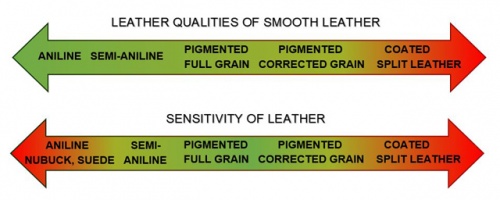
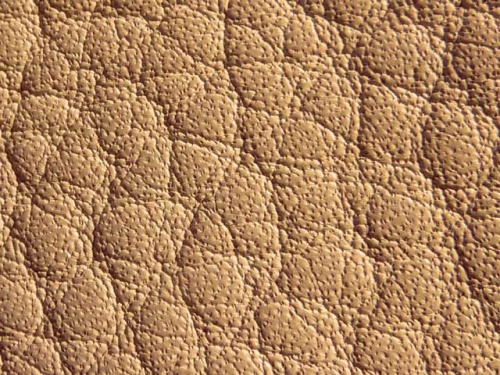
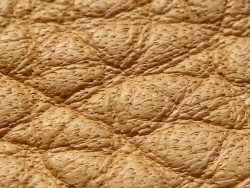
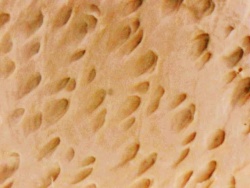
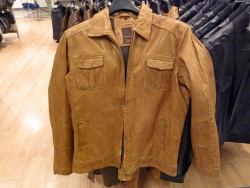
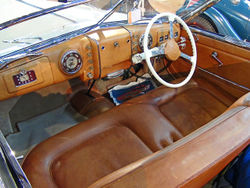
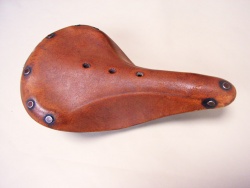
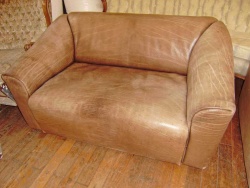
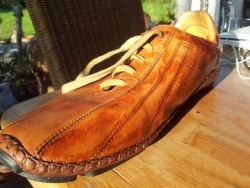
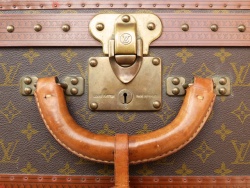
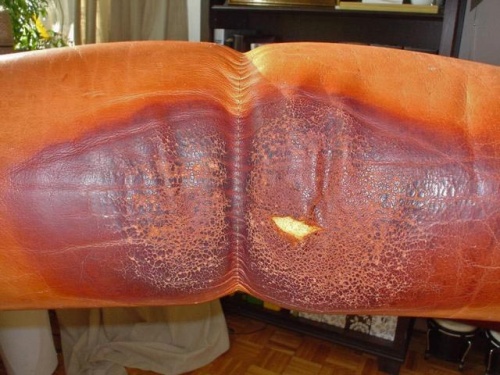
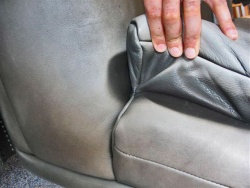
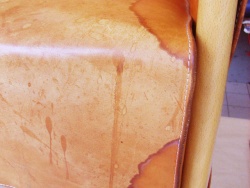

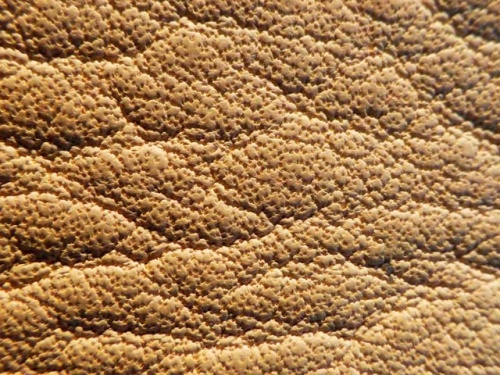
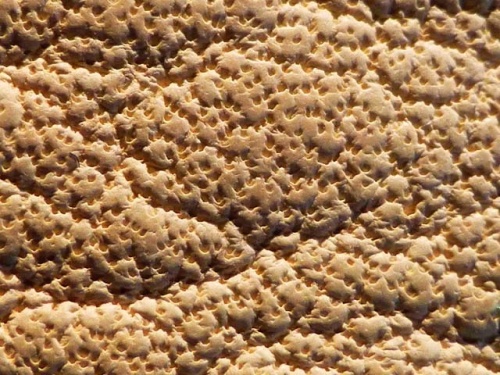
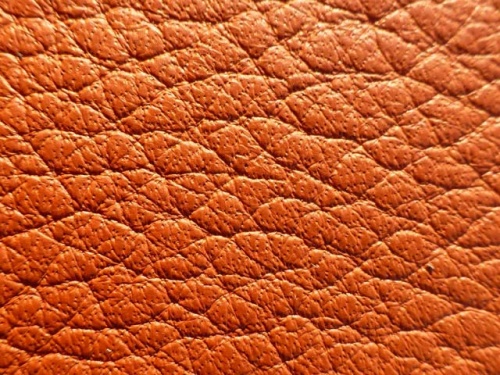
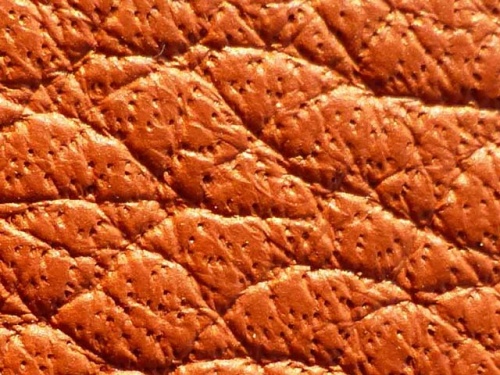
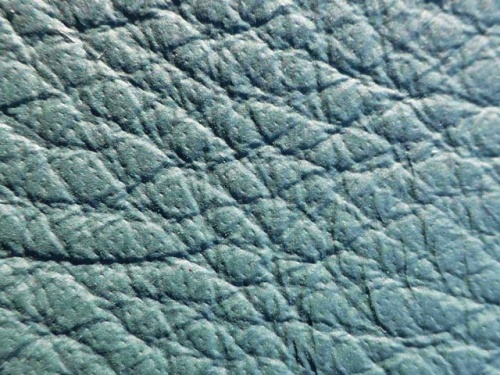
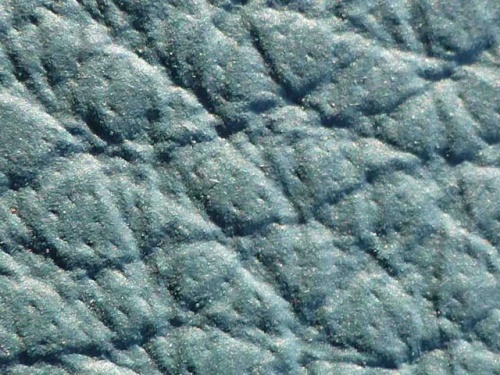
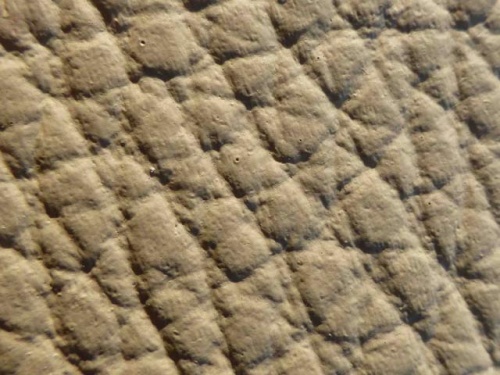
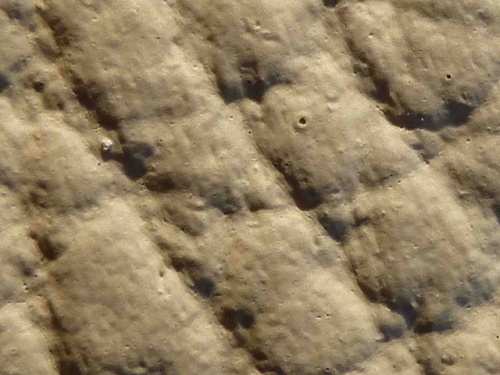
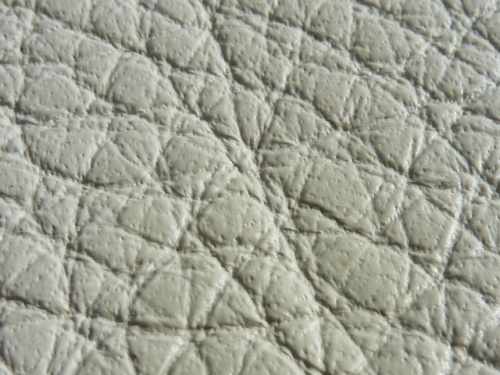
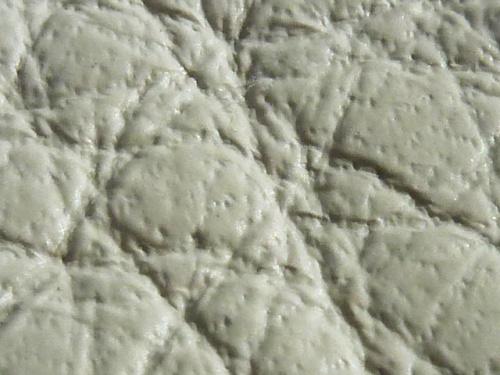

 a kotori web solution
a kotori web solution